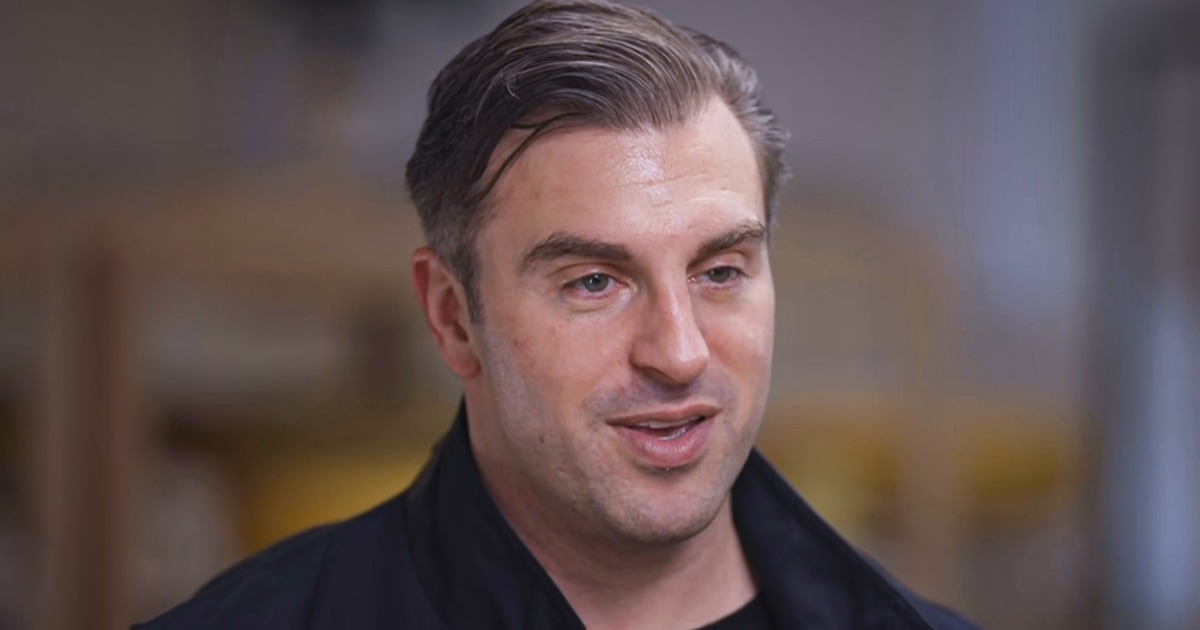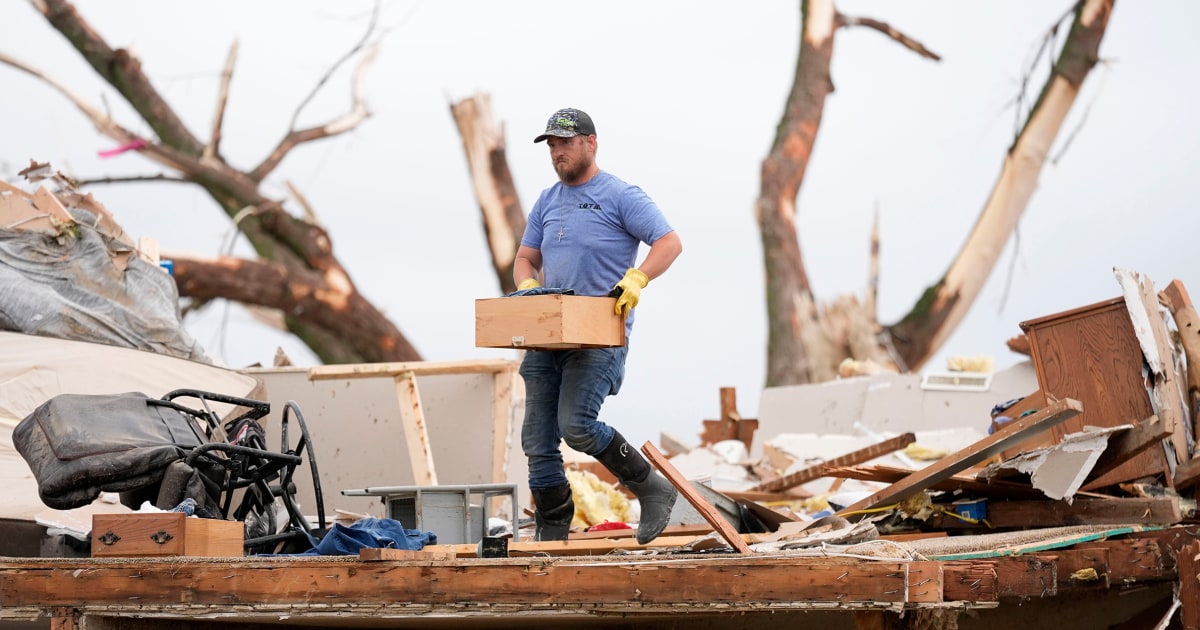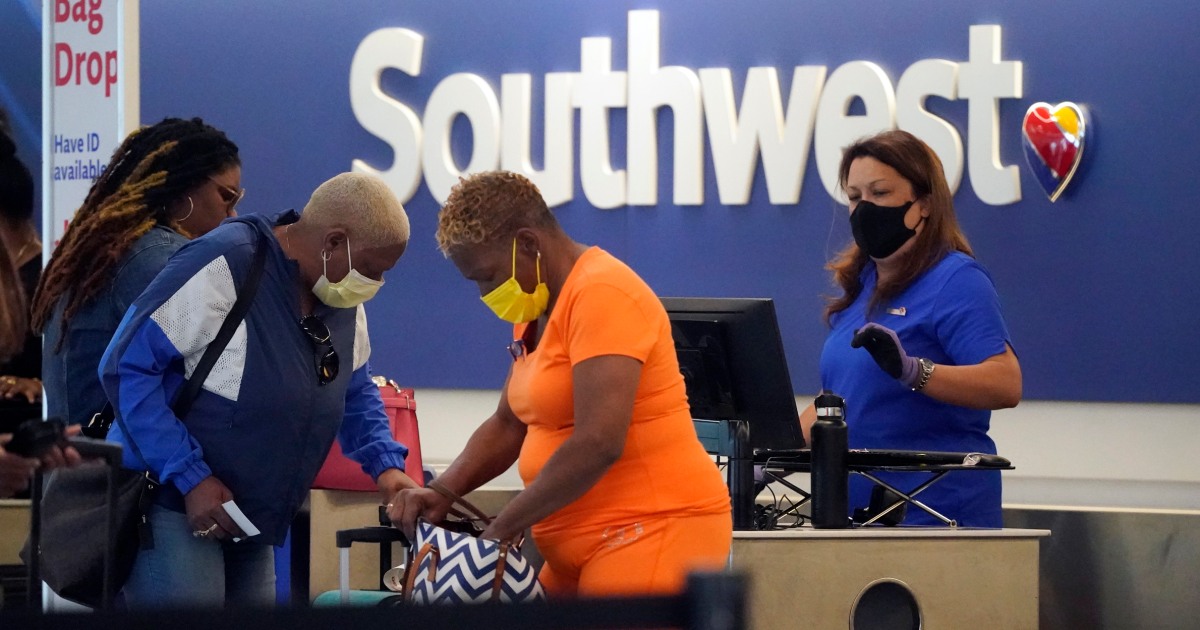Airbnb CEO Brian Chesky said the company is working to address customer complaints and safety issues but that there are limitations on what it can do to keep customers safe from issues like carbon monoxide poisoning.
In an interview with Hallie Jackson, which will air Sunday on “NBC Nightly News,” Chesky spoke on a wide range of issues the company faces including consumer concerns about fees, the company’s new “Icons” program and a recent “Saturday Night Live” skit that skewered the company.
“It didn’t sting,” Chesky said. “I felt, if anything, like, you know, like we have a huge responsibility. We’re a part of culture. The brand is a noun, a verb used all over the world.”
Airbnb remains arguably the most successful in its class of sharing economy outfits that have gone from upstarts to publicly traded companies in the last decade.
But Airbnb has also faced criticism around its user experience and concerns about guest safety.
See this interview on “NBC Nightly News with Hallie Jackson” tonight at 6:30 p.m. ET/5:30 p.m. CT.
Jackson asked about an NBC News investigation that found 19 deaths at Airbnbs in the last 10 years allegedly due to carbon monoxide poisoning. After some of the first deaths occurred, the company pledged to mandate carbon monoxide detectors in every listing by the end of 2014, but that mandate was never put in place.
Responding to a question about the mandate, Chesky said, “It is very hard to verify whether or not a property has a carbon monoxide detector, but we’re working really, really hard to make sure that every single property has a verified address. You understand where the place is, if there’s any complaints about the property, we can respond to it.”
Airbnb operates in countries and states with a wide variety of carbon monoxide regulations, which presents a tough compliance challenge for the company. The company says it has advocated for carbon monoxide detector regulation in numerous countries, but family members of people who have died in Airbnbs say the wide variability in local and international regulation is more reason for the company to set its own standard on carbon monoxide detectors.
“It’s really hard to mandate things in 220 countries and regions and cities all over the world,” Chesky said. “And then if you mandate something, you have to have a mechanism to verify that it happens.”
Asked if he was walking away from the commitment the company made 10 years ago, Chesky said, “I don’t know. I think we’re absolutely going to try to move to get the entire platform on to making sure it’s safe, it’s verified.”
In the last 10 years, Airbnb has taken other efforts to try to get carbon monoxide detectors in its listings, including giving out a free carbon monoxide detector per Airbnb host upon request. But the rate of participation in that program appears to be low: Only 2.3% of its 7 million active listings have received carbon monoxide detectors through the program, according to a statement from the company in June. The company also sends notes to users who book listings without carbon monoxide detectors, warning them via email about the potential risks.
A 2018 study in the journal Injury Prevention found that only 57.5% of U.S.-based Airbnb locations were listed as having carbon monoxide detectors.
“There’s a really good question about, ‘Is a mandate the right approach?’” Chesky said. “But what is absolutely the right approach is to make sure that every single listing is safe. Every single person is safe.”
Looking forward, Chesky said the company is interested in taking advantage of a boom in artificial intelligence technology to help power its platform.
“What if an app could understand you, learn about your hopes, your dreams, and personalize these itineraries just for you,” he said. “That’s what AI can do.”















